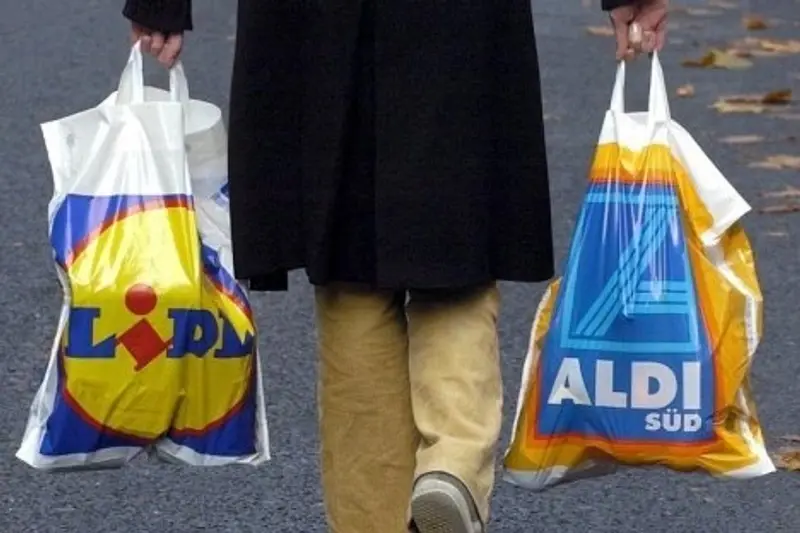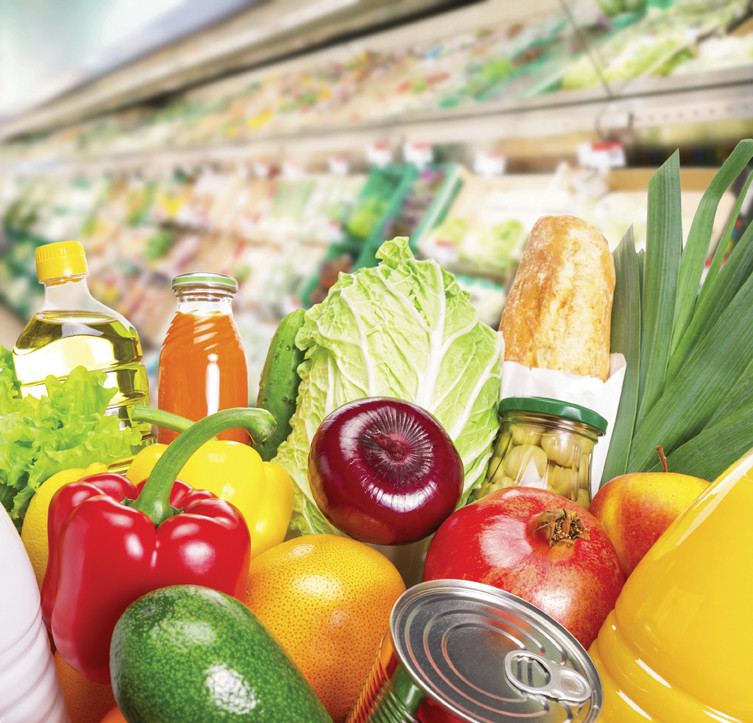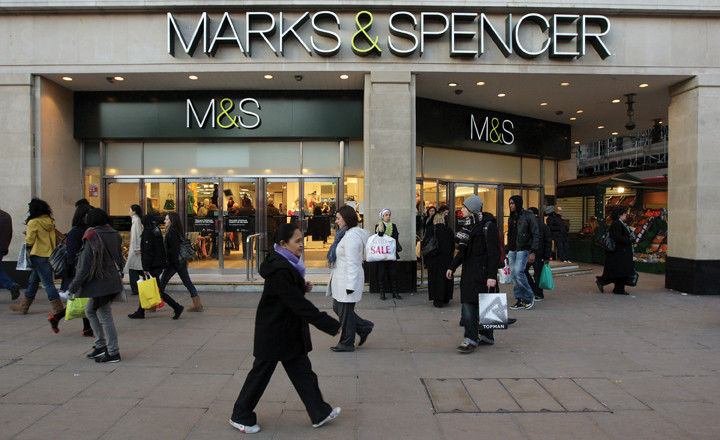
Competition remains cut-throat in the UK grocery market with German discounters Aldi and Lidl still rampant.
According to the latest grocery market share figures from Kantar, the sector enjoyed its fastest rate of growth in 2019 to date over the 12 weeks to 21 April as late Easter sunshine provided a boost.
But the UK's ‘big four’ - Tesco (TSCO), off 0.8p at 247.5p today, Sainsbury’s (SBRY), 1.6p easier at 220.9p, Asda and Morrisons (MRW) have a huge battle on their hands.
EASTER SUNSHINE HEATS UP THE MARKET
Total year-on-year sales were up 2% during the period, bolstered by a record-breaking £2.5bn spent during the Easter week.
As Fraser McKevitt, Kantar’s head of retail and consumer insight, explains, around £335m was lavished on Easter eggs and other chocolate during the quarter into the the holiday weekend with the average UK household buying 10 Easter-related treats.
‘The warm weather over the Easter break helped boost sales of ice cream by 8% and hay fever remedies by 27% during the past four weeks as families made the most of the sunshine.’
GERMAN DISRUPTORS GAIN AGAIN
The worrying news for Tesco, Sainsbury, Asda and Morrison is that expansionist Aldi was once again the fastest growing supermarket, a position it has held since July 2018. The German grocer expanded sales by 11.6% to increase its market share by 0.6 percentage points to 7.9%.
Fellow German discounter Lidl’s sales grew 8.6%, pushing its market share up to a new high of 5.7%. Together, the pair now holds sway over 13.6% of the market, based on data from Kantar, which points out Co-op and Ocado (OCDO) were the only other retailers to gain market share year-on-year.
BIG FOUR REMAIN IN A BATTLE
As the dust settles following the Competition and Markets Authority’s (CMA) decision to prohibit Sainsbury’s proposed mega-merger with Asda - a move heaping pressure on the former’s CEO Mike Coupe (pictured below) - reinvigorated Tesco’s position as the UK’s largest supermarket with 27.3% share remains secure, for now at least.
Sainsbury’s and Asda continue to duke it out for second place, with Sainsbury’s reclaiming second spot despite a sales decline of 1.2% in the period. ‘Two thirds of the public were aware of the proposed merger: the majority of those who knew about the CMA ruling didn’t have an opinion as to whether it was a good or bad outcome, while only one third welcomed the decision’, says McKevitt.
‘Despite movement at the top of the table, the phrase “big four” continues to hold meaning and Morrisons’ 10.3% market share means it sits comfortably ahead of the fifth largest retailer, Aldi,’ continues McKevitt. Alcohol sales were the biggest contributor to Morrisons’ 0.6% growth in the period and the shares are bid up 2.2p to 219.1p on the encouraging news.
THE NIELSEN TAKE
Grocery share data released today by Nielsen is similarly concerning for the big four, whose combined market share fell to 64% in the 12 weeks to 20 April, with shoppers continuing to shift spend away from the long-established players.
As Mike Watkins, Nielsen’s UK Head of Retailer and Business Insight, explains: ‘Nielsen’s latest data indicates that over the 12 week period, all retailers - aside from Sainsbury’s - experienced growth, with Aldi and Lidl maintaining their double digit growth and combined market share of 16%.
Retailers with smaller stores, such as the Co-operative (+3.5%) and Iceland (+4.5%), continued to outperform the average market growth, whilst food and drink sales increased by +1.6% at Marks & Spencer (MKS),’ bid up 1.2p to 286.7p on its 'best performance since the summer of 2018.'







